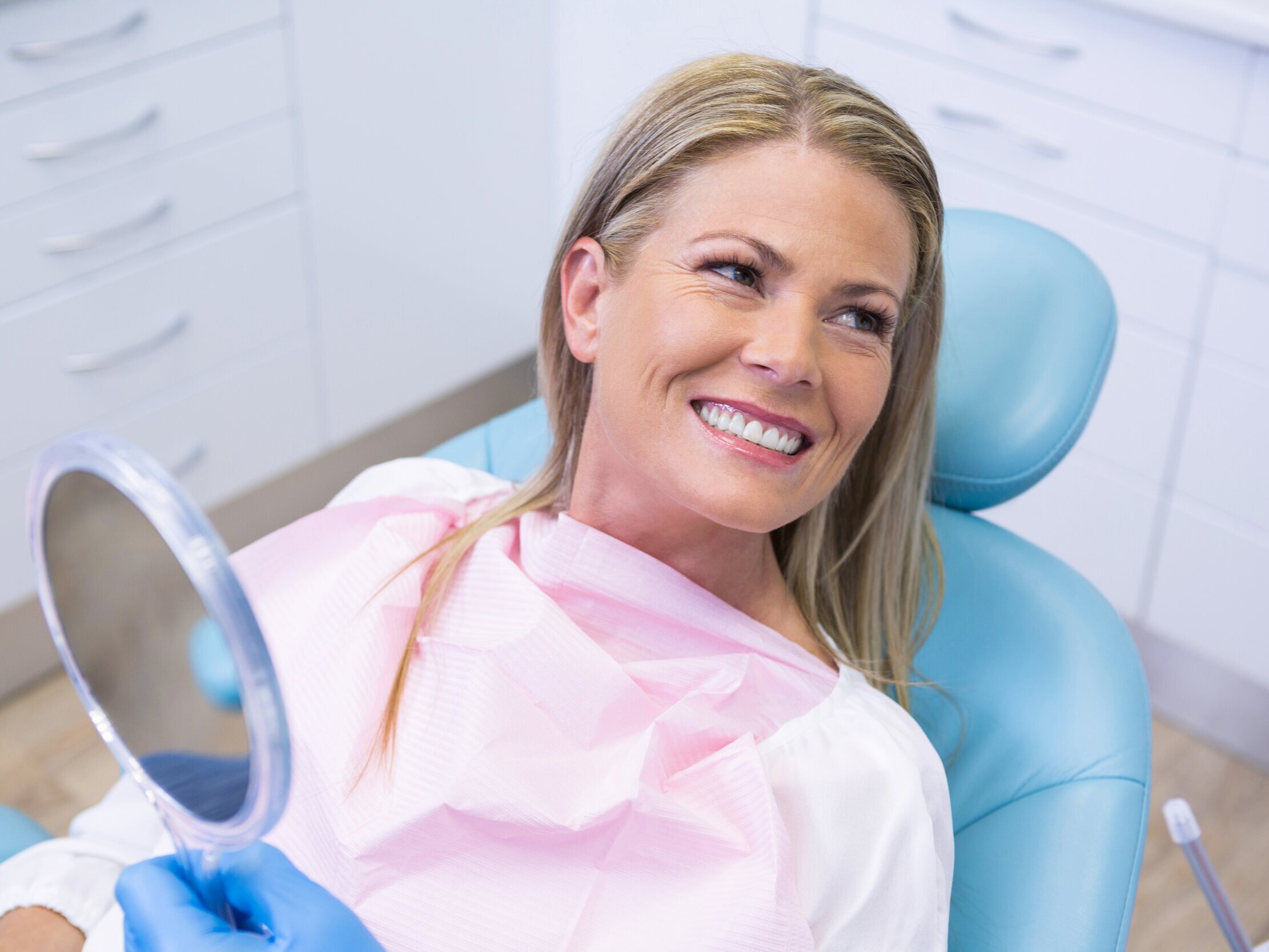
Preventive Care
Happy mouth, happy life.
Preventive dental care is important throughout your life, no matter your age. By practicing good oral hygiene at home and scheduling regular checkups with your dentist, you can help keep your smile bright and healthy for many years to come.
Prevent problems before they start.
The American Dental Association recommends that you visit your dentist every six months to ensure your teeth stay healthy and your smile stays beautiful. By routinely seeing your registered dental hygienist for exams and cleanings, you can:
Prevent tooth decay, gum disease, and bad breath
Save money by avoiding costly and extensive dental procedures
Keep your teeth white by reducing staining from food and drinks
Have a smile that will last a lifetime
Nervous about your appointment? Here’s what to expect.
The Exam
During your exam, Dr. Pitt will thoroughly examine your teeth and gums for signs of tooth decay, gum disease, and other health problems. We will need to update your x-rays if they are out of date, in order to get a full picture of what is going on in-between and below your teeth and gumline.
The images provided will help Dr. Pitt discover dental issues not visible to the naked eye.
Professional Cleanings
Your dental hygienist will begin your cleaning by exploring the surface of your teeth to determine if you have any weakened areas of tooth structure and to examine the quality of existing fillings. The dental hygienist will then perform a periodontal exam to make sure your gums adhere tightly to your teeth, and no periodontal disease or bone loss may be occurring.
Next, your hygienist will carefully clean your teeth with a variety of tools to remove any hard mineral buildup (tartar) from your teeth. This will be followed by a quick polishing, flossing, and application of fluoride varnish. Cleanings usually aren't painful, but if you have any anxiety about your dental exam, be sure to let your hygienist know.
If Dr. Pitt or your hygienist finds tooth decay or evidence of gum disease, they will talk to you about changing your brushing or flossing habits. In severe cases, they may recommend other dental treatments. If your teeth and gums appear to be healthy, Dr. Pitt will recommend that you continue your brushing and flossing routine as usual.



